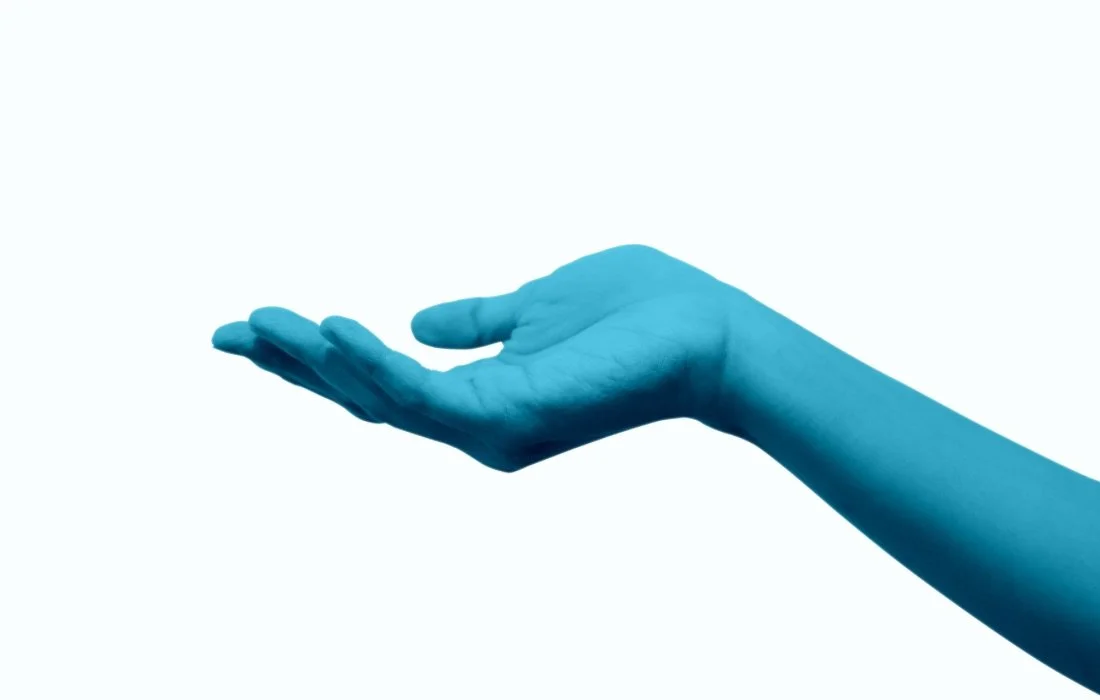In a fast-paced world filled with stressors, anxiety has become a prevalent challenge for many individuals. Traditional methods like psychotherapy and medication have proven effective, and now there's a growing body of research highlighting the positive, adjunctive impact of massage therapy as well. This post explores the scientific connection between massage therapy and anxiety reduction. I will begin with my signature approach, followed by compelling research!
The Grassroots Way! How I uniquely customize treatment to manage your symptoms of anxiety:
The pace of massage strokes is intentionally slowed down. This encourages your sympathetic nervous system to settle, and encourages your parasympathetic system to take the lead.
(Sympathetic nervous system=“fight or flight”. Parasympathetic nervous system=“rest and digest”)
Your head, neck and shoulders get extra attention as they tend to act as the “control center”. An adequate portion of your session is dedicated to gently nudging release and surrender in this region.
Contrasting temperature sensations are introduced to your face, via cold stones, hot stones, cold kansa and hot towels. All this action helps to un-grip your brain from hyper vigilance and repetitive rumination of thought.
Hot towels are infused with Brazilian-orange and geranium-bourbon essential oils which stimulate your olfactory system and create a calming sensation.
No skimping on scalp massage. What a powerful release of tension!
Gentle facial cupping/decompression treatment to release the smaller muscles of the face and jaw…anxiety loves to clench up these areas!
No small talk will be initiated. This is your time to just let go.
I ensure that your first session doesn’t trigger any unnecessary anxiety. I text you personally the day before your appointment with exact details of how to find the office.
I have you submit an intake form prior to your session and I READ THEM! This gives you the opportunity to tell me everything you would like me to know from the cozy comfort of your own home.
I listen. I take meticulous notes so you don’t have to repeat yourself every session.
I schedule adequate time between clients so your appointment always begins right on time, and you never feel rushed once we finish.
The grand finale of your session addresses your feet. Essential oil infused hot towels are applied, followed by soothing massage strokes to ground you back into reality.
Research:
1. **Stress Hormone Regulation:**
Massage therapy has been linked to the regulation of stress hormones, such as cortisol. A study published in the Journal of Clinical Psychiatry (Field, 2016) found that participants who received regular massage showed significant reductions in cortisol levels, indicating a physiological response to stress reduction.
2. **Neurotransmitter Release and Mood Enhancement:**
Research conducted at the Touch Research Institute (Diego et al., 2004) suggests that massage can stimulate the release of neurotransmitters like serotonin and dopamine. These "feel-good" chemicals play a crucial role in regulating mood, and an increase in their levels can contribute to a sense of well-being and reduced anxiety.
3. **Autonomic Nervous System Modulation:**
Massage therapy has been shown to influence the autonomic nervous system, specifically the sympathetic and parasympathetic branches. A study in the Journal of Alternative and Complementary Medicine (Moraska et al., 2008) demonstrated that massage promotes parasympathetic dominance, leading to a relaxation response and reduced anxiety levels.
4. **Improved Sleep Quality:**
Quality sleep is vital for mental health, and massage has been associated with improved sleep patterns. A meta-analysis published in the journal Sleep Science (Hou et al., 2020) revealed that massage interventions significantly improved sleep quality, suggesting a potential indirect benefit in alleviating anxiety symptoms.
5. **Mind-Body Connection:**
Massage therapy fosters a strong mind-body connection, promoting awareness and mindfulness. A study in the Journal of Bodywork and Movement Therapies (Moyer et al., 2011) found that individuals receiving massage reported enhanced body awareness and a reduction in anxiety levels, emphasizing the holistic nature of the therapeutic process.
As research continues to unravel the intricate relationship between massage therapy and anxiety relief, the evidence suggests that the healing touch of massage goes beyond mere relaxation. By influencing physiological processes, neurotransmitter release, and promoting a holistic mind-body connection, massage therapy emerges as a valuable complementary approach to managing anxiety. Incorporating regular massages into a wellness routine may provide a soothing balm for the anxieties of modern life, offering a natural and scientifically supported path for mental well-being.

